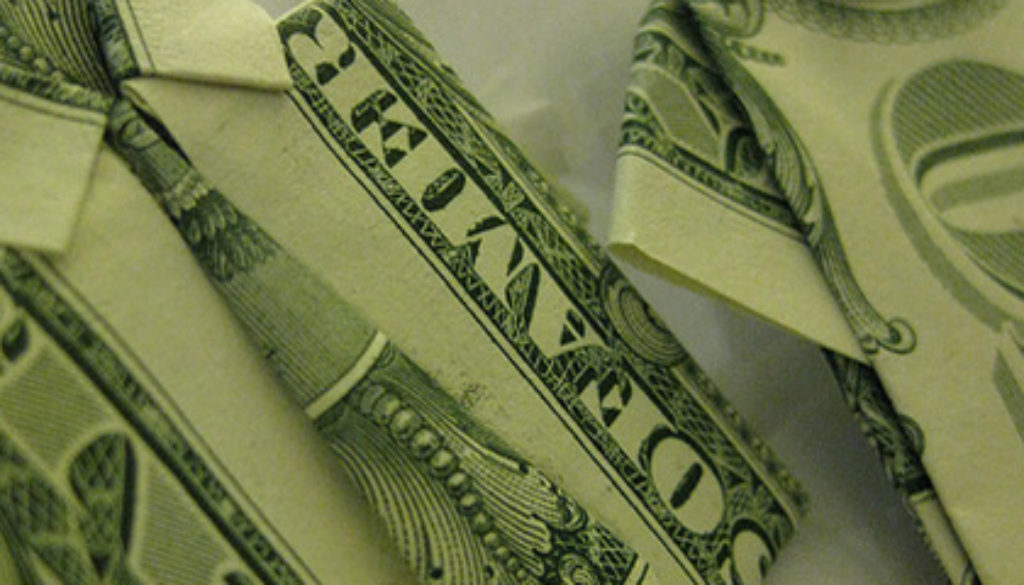London Whale Incident Highlights Need For Sensible Safeguards
If we expect banks to learn their lesson from 2008’s financial crisis and the multi-billion-dollar public bailout, we will be waiting a long time. History has shown that corporations and banks, left to themselves, do not have the public interest at heart, which is why we need strong public protections.
Recent news in the financial world about the “London Whale” fiasco makes the case for the urgency of finalizing and implementing stronger financial protections such as those contained in the Dodd-Frank law.
A Senate subcommittee report has unearthed new information regarding the London Whale trading scandal last January, implicating JP Morgan Chase CEO Jamie Dimon and other top executives in the bank in fraudulent activity. The subcommittee found that not only had Dimon signed off on changes that altered the bank’s internal alarm system (more on this below), he also ordered his employees to deny financial regulators information they requested as the trades resulted in huge losses—around $6 billion.
As others have put it, JP Morgan essentially turned off the alarm system that would have prevented the level of speculation that took place at the firm’s London branch. This alarm system is called the Value at Risk (VaR) model, which analyzes historic data to estimate the potential risk of a given trade. When JP Morgan began sustaining heavy losses in January 2012, the firm changed its VaR model to one that made it seem like the trading was less risky than it really was. As a result, the normal alarm bells didn’t go off when the “London Whale”, a derivatives trader named Bruno Iksil, and his colleagues decided to double down on their losses as they misled investors and regulators about how risky their activities were.
This episode, and all of the other tales of reckless speculation over the past several years, demonstrates the importance of having a robust system of sensible safeguards in place so the public does not have to suffer through another financial meltdown. To this end, Sen. Carl Levin (D-MI), the chairman of the subcommittee, has renewed calls to finalize the Volcker rule, which would ban the kind of high-risk trading JP Morgan was engaged in and protect consumers from having their savings gambled away by Wall Street.
A system of regulations that puts people first, not big banks or corporations, is essential to creating a stable economy that works for and benefits all Americans.
For additional resources, see our homepage.

